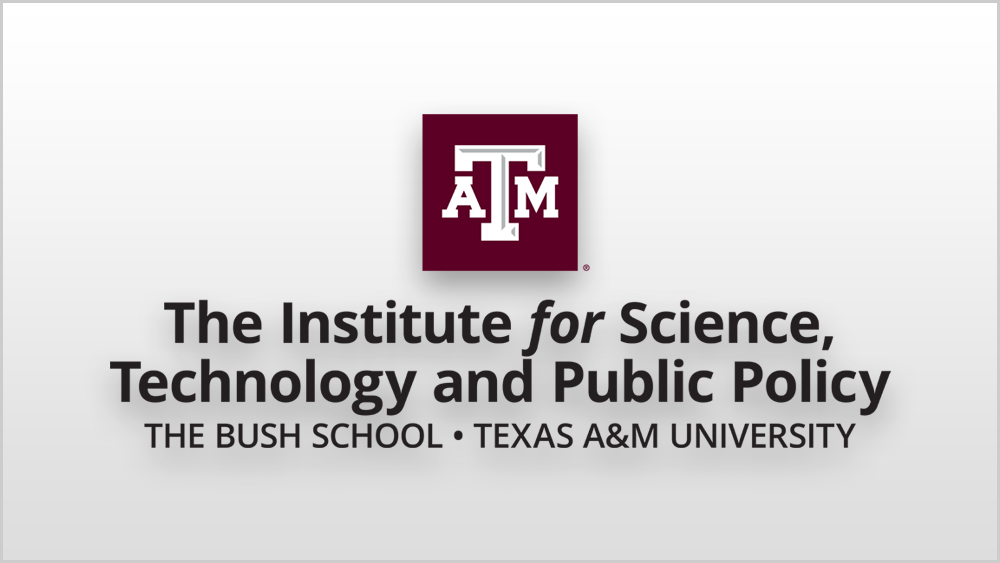
The Institute for Science, Technology and Public Policy (ISTPP) team of Dr. Rotem Dvir, Dr. Xinsheng Liu and Dr. Arnold Vedlitz, Director of ISTPP, have recently published a paper in Public Management Review. In this article, “Exploring Public Participation Modes in Government: The Case of Infrastructure Policies”, they study the factors that drive different forms of coproduction – citizens’ contributions to public policy, in the context of infrastructure resilience in Texas.
The authors compare three modes of public participation in government policies: policy endorsement, coproduction and co-investment. They develop an explanation for the variations in public willingness to contribute to each of these three modes. Their theoretical framework presents effort as the overarching factor, and they argue that more demanding modes of participation are likely to receive lower public support. Due to the complexity to model and measure effort, they detail a second layer to their explanation and highlight observed factors including issue importance, trust in government and political ideology. Using survey data on natural hazard resilience in Texas (2021), they show that effort represents a general factor and that the more demanding modes, like coproduction, garner lower public support. They also show that participation by public members is more likely when the issue at-stake is more important and there is greater trust in the government to address natural hazard resilience. At the same time, they find that conservatives are less likely to join public programs in this context.
Their study offers important insights on the factors that drive public willingness to contribute to government programs in an issue area that is not prominent – infrastructure resilience facing natural hazards. Also, this is one of the first studies to directly compare multiple modes of participation and offer a comprehensive explanation to the observed variation in public willingness to participate. Their findings and implications extend existing knowledge on coproduction and co-investment, two leading concepts in public policy research on citizen-government interactions.

